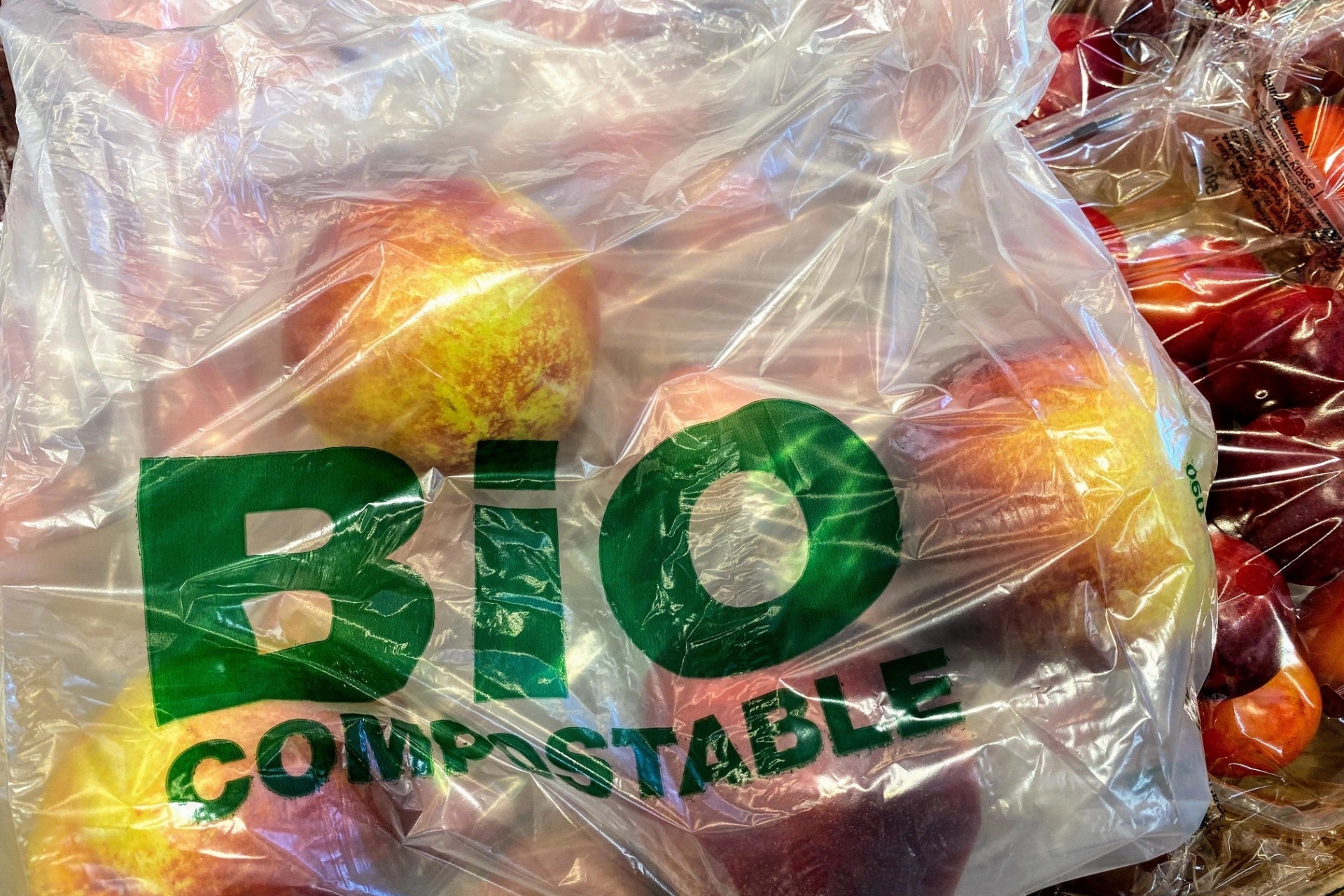As global awareness of environmental issues continues to grow, understanding the carbon footprint of daily-use items, like plastic bags, has become increasingly important. A product's carbon footprint encompasses all the greenhouse gas emissions released during its entire lifecycle – from the extraction of raw materials to production, transportation, use, and disposal. In the context of plastic bags, their carbon footprint reveals the true impact of these seemingly small and convenient items on the planet. By exploring the carbon footprint of plastic bags and the alternative solutions available, home consumers in the U.S. can make informed decisions that contribute to a greener and more sustainable lifestyle.
The production of plastic bags involves the extraction and processing of fossil fuels, with millions of barrels of oil and natural gas used each year to create the plastic film used for these bags. The production process also generates considerable greenhouse gas emissions, contributing to global warming and climate change. Additionally, the disposal of plastic bags – whether they end up in landfills, oceans, or as litter – exacerbates their environmental impact, as they can take centuries to degrade.
Fortunately, there are eco-friendly alternatives to traditional plastic bags, like compostable bags from Plastno. These bags are made from non-GMO, renewable plant-based materials and are designed to break down quickly in composters and landfills, drastically reducing their carbon footprint. By shifting from conventional plastic bags to more sustainable alternatives, individuals can significantly reduce the environmental impact caused by their household waste management practices.
In this article, we will delve into the carbon footprint of plastic bags, their effects on the environment, and the benefits of adopting sustainable alternatives like compostable bags. This information can empower home consumers in the U.S. to make greener choices in their daily lives and actively contribute to a cleaner, healthier planet for future generations.
The Carbon Footprint of Plastic Bags: Production and Disposal
Understanding the carbon footprint of plastic bags involves examining both their production process and their disposal. Here are the critical factors that contribute to their environmental impact:
- Production Process: Plastic bags are primarily made from polyethylene, derived from oil and natural gas. The extraction, processing, and manufacturing of these fossil fuels generate a significant amount of greenhouse gas emissions, contributing to the bags' carbon footprint.
- Transportation: The transportation of plastic bags from manufacturing facilities to distribution points and retail locations leads to additional greenhouse gas emissions from the vehicles used for shipping.
- Disposal: When plastic bags reach the end of their useful life, they are often discarded in landfills or wind up as litter. Since they can take hundreds of years to degrade, they contribute to pollution and release more greenhouse gases as they slowly break down in landfills.
How Plastic Bags Affect the Environment
The carbon footprint of plastic bags contributes to several detrimental environmental effects, including:
- Climate Change: The greenhouse gases emitted during the production, transportation, and disposal of plastic bags contribute to global warming and climate change, leading to rising temperatures and more severe weather events.
- Ocean Pollution: Plastic bags often end up as litter in waterways and oceans, where they can harm marine life. Sea creatures can get tangled in the bags or ingest them, leading to injury or death.
- Land Pollution: Plastic bags that end up in landfills can take centuries to decompose, contributing to land pollution and occupying valuable space that could be used for other purposes.
- Resource Depletion: The production of plastic bags relies heavily on non-renewable fossil fuels, which are finite resources that could be better utilized for other, more sustainable purposes.
Compostable Bags: A Sustainable Alternative
One eco-friendly alternative to traditional plastic bags is compostable bags. These bags offer several environmental advantages:
- Reduced Carbon Footprint: Compostable bags, like those offered by Plastno, are made from non-GMO, renewable plant-based materials. This means that their production process results in lower greenhouse gas emissions compared to their plastic counterparts.
- Biodegradable Properties: Compostable bags are designed to break down quickly in composters and landfills, turning into nutrient-rich compost within a matter of months. This significantly reduces the environmental impact associated with disposal compared to traditional plastic bags.
- Resource Conservation: As compostable bags are made from renewable resources, their production does not contribute to the depletion of finite fossil fuels. This enables a more circular economy, where resources are reused and repurposed rather than consumed and discarded.
- Versatility: Compostable bags can be used for various waste management needs, including organic waste, yard waste, and general household trash, making them a convenient and environmentally friendly alternative for daily use.
How to Reduce Your Carbon Footprint with Eco-Friendly Practices
In addition to adopting compostable bags as a sustainable alternative to plastic bags, consider the following practices to further reduce your carbon footprint and support a greener lifestyle:
- Use Reusable Bags: Whenever possible, opt for reusable bags when shopping to minimize plastic waste and reduce your overall environmental impact.
- Recycle Properly: Ensuring that recyclable materials are correctly sorted and disposed of will enable more efficient recycling processes and help limit the need for raw materials like oil and natural gas in new product production.
- Reduce Single-Use Items: Evaluate your consumption habits and look for ways to reduce the use of single-use items, like disposable cutlery, straws, and drink bottles.
- Compost at Home: Setting up a home composter is a great way to decrease your carbon footprint by reducing the amount of organic waste that goes to landfills. You'll also create nutrient-rich compost that can be used in your garden.
Conclusion
The carbon footprint of plastic bags has far-reaching consequences on the environment, contributing to climate change and the pollution of our land and oceans. By understanding these impacts, home consumers in the U.S. can take steps to integrate more eco-friendly alternatives, like compostable bags, into their waste management routines.
By incorporating sustainable practices like using Plastno’s compostable trash bags, recycling correctly, reducing single-use items, and composting at home, individuals can reduce their personal carbon footprint and contribute to a cleaner, healthier planet. As we collectively work towards a greener future, every choice we make counts, especially when it comes to the seemingly small decisions that surround commonplace items like plastic bags.






Share:
Can You Use Trash Bags for Recycling: Best Practices for an Eco-Friendly Household
Kitchen Trash Bag Sizes: Choosing the Right Compostable Bag for Your Needs